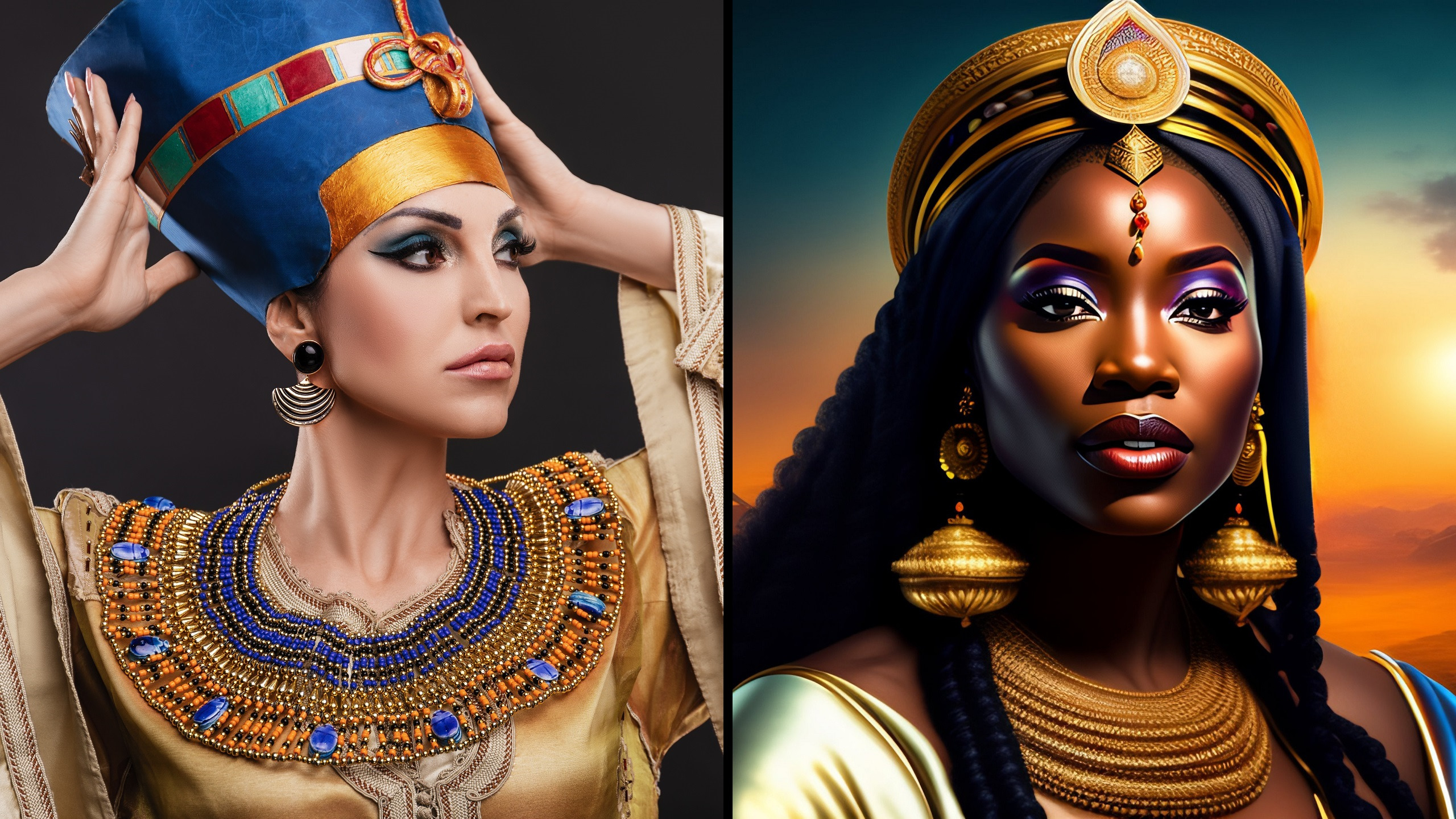A Black Cleopatra?
Asharq Al-Awsat, London, April 29
Do filmmakers have the right to alter historical accounts to align with their own ideological and political leanings? Recently, a stir was created after Netflix announced they would be producing a documentary about the illustrious Egyptian Queen Cleopatra, with images depicting the monarch with Black African features. Netflix announced the release of a series of documentaries supported by male and female activists from the American Black Movement. This trend, which is both cultural and artistic, attempts to counter racism and rewrite history in favor of Blacks. Mostafa Waziri, the secretary-general of Egypt’s Supreme Council of Antiquities, recently commented on the film, emphasizing that its portrayal of the iconic queen as a Black African woman is a falsification of history. He believes that this is particularly egregious since the movie is classified as a documentary, rather than a drama. Waziri further highlighted that all statues depicting Cleopatra reflect her Hellenistic Greek features, such as light skin, a drawn nose, and thin lips. Dr. Nasser Makkawi, head of the Egyptian Antiquities Department at the Faculty of Archaeology at Cairo University, claims that the depiction of Cleopatra in this film contradicts the most basic historical facts and the accounts of historians such as Plutarch and Cassius Dio, who recorded Roman history in Egypt during Queen Cleopatra’s reign and confirmed that she was fair-skinned and of pure Macedonian descent. It would have been possible to accept this absurd and fictitious portrayal of Cleopatra provided that viewers understand it as such. Otherwise, it is an ideological falsehood. Do others have the right to present films with white characters, such as Brad Pitt playing the role of Nelson Mandela or Muhammad Ali? How would Black leaders react to such a decision? —Meshary Al-Dhaidi (translated by Asaf Zilberfarb)
This holiday season, give to:
Truth and understanding
The Media Line's intrepid correspondents are in Israel, Gaza, Lebanon, Syria and Pakistan providing first-person reporting.
They all said they cover it.
We see it.
We report with just one agenda: the truth.



